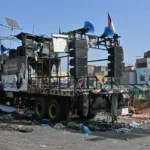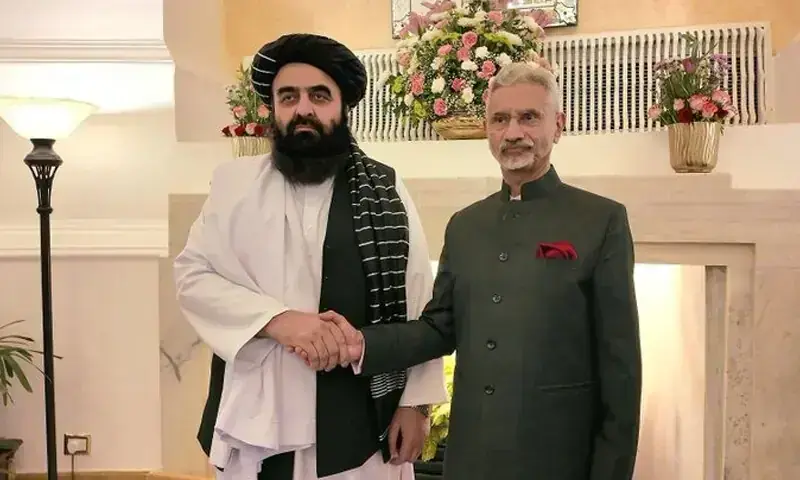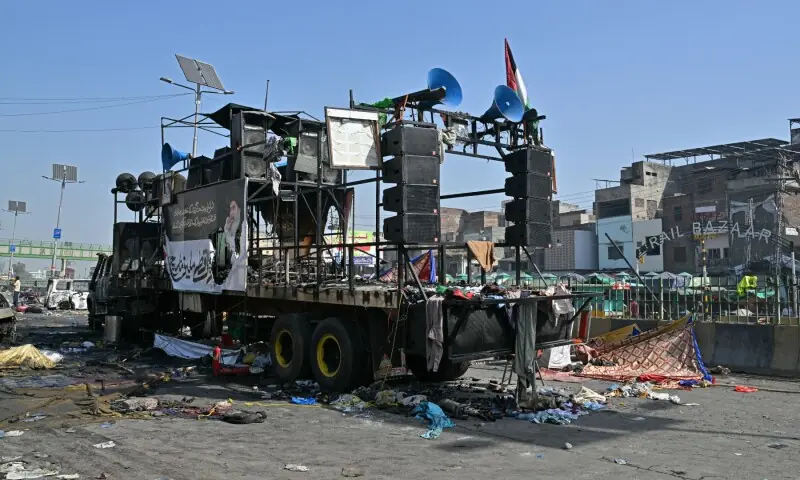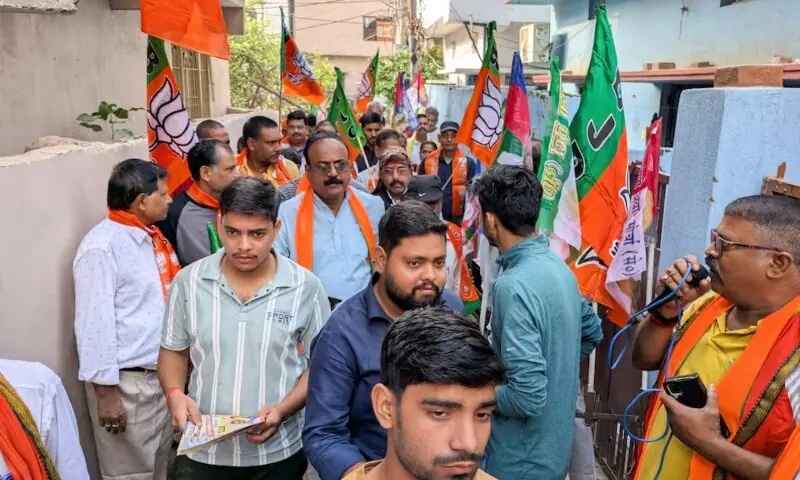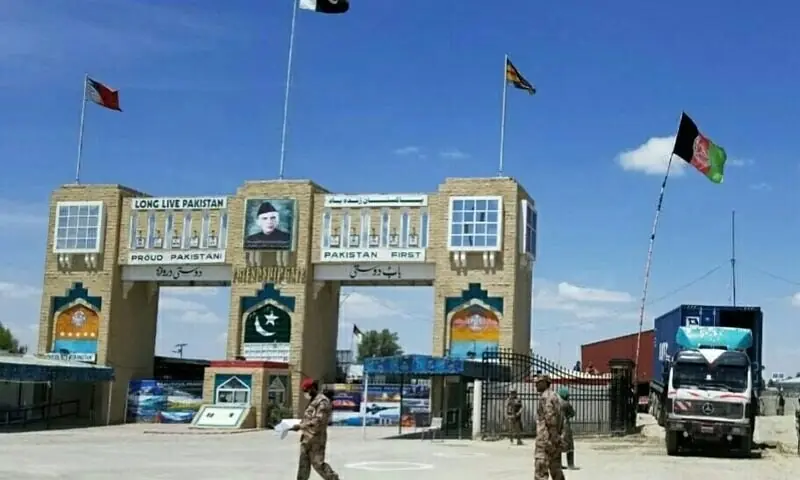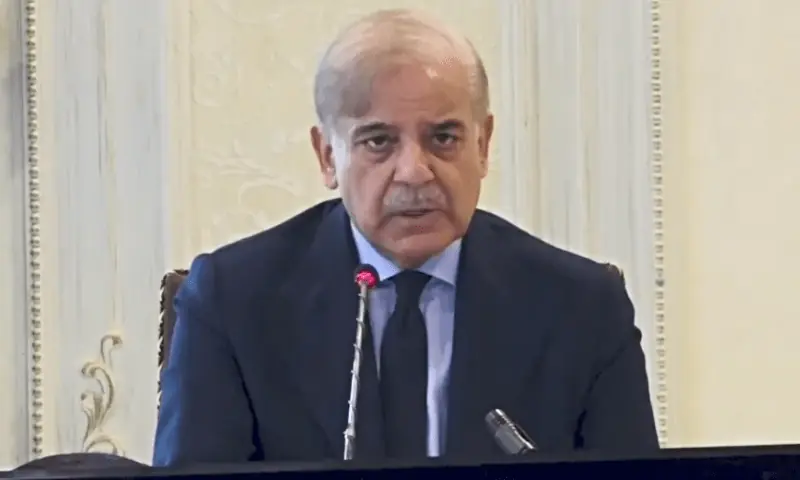New Delhi: India’s opposition Congress party on Saturday criticized the Narendra Modi government for the absence of women journalists at a press conference held by Afghan Foreign Minister Amir Khan Muttaqi, with Congress general secretary Priyanka Gandhi Vadra asking the prime minister to clarify his position on the matter.
“Mr. Modi, when you allow the exclusion of women journalists from a public forum, you are telling all women in India that you are too weak to defend them. In our country, women have the right to equal participation in all spaces.
“Their silence in the face of such discrimination exposes the emptiness of their slogans on Nari Shakti,” Rahul Gandhi, leader of the opposition in the Lok Sabha, said in a post on X.
Gandhi’s post followed Priyanka Vadra’s earlier message, in which she asked whether the Prime Minister’s recognition of women’s rights was “just a convenient stance from one election to the next,” and questioned how such an “insult to some of India’s most competent women” could have been allowed.
“Prime minister @narendramodi ji, please clarify your position on the expulsion of women journalists from the press conference of the Taliban representative on his visit to India,” he said in X.
The press conference, led by the Afghan Foreign Minister on Friday, was restricted to a limited group of male journalists, with a notable absence of female reporters.
Muttaqi held the interaction at the Afghan embassy in New Delhi, hours after holding extensive talks with External Affairs Minister S. Jaishankar.
Taliban decision
While there has been no official comment from the Indian government, it is known that the decision on media invitations was taken by Taliban officials accompanying the visiting minister.
Sources said the Indian side had suggested to the Afghan delegation that women journalists be included among the guests.
“Ban (on talis) on women journalists in India. It is shocking and unacceptable that the Indian government has agreed to this, and that too in New Delhi on the eve of International Day of the Girl Child,” Congress communications chief Jairam Ramesh said in a post on X.
Former Finance Minister P. Chidambaram, expressing his personal opinion, said: “Journalists should have left when they discovered that their female colleagues had been excluded (or not invited).”
Communist Party of India general secretary D. Raja, tagging External Affairs Minister S. Jaishankar in his
“Allowing such an exclusion here is blasphemy to our constitutional spirit.”
Raja urged the Ministry of External Affairs to explain how it agreed to “allow this discriminatory spectacle.” “This is not a diplomatic nuance. It is food for the patriarchal ideology that wants to erase half the world from public life. We must denounce it without hesitation,” he added.
The high-profile visit has sparked strong reactions, including in Pakistan. Jaishankar used the visit to push India’s agenda in Kabul.
While the countries have a common commitment to growth and prosperity, Mr. Jaishankar told Mr. Muttaqi: “These are endangered by the shared threat of cross-border terrorism facing our two nations. We must coordinate efforts to combat terrorism in all its forms and manifestations. We appreciate your sensitivity to India’s security concerns.
“Their solidarity with us after the Pahalgam terrorist attack was remarkable. India is fully committed to the sovereignty, territorial integrity and independence of Afghanistan. Closer cooperation between us contributes to its national development as well as regional stability and resilience. To enhance that, I am pleased to announce today the elevation of India’s technical mission in Kabul to the status of embassy. of India.”
Published in Amanecer, October 12, 2025.


